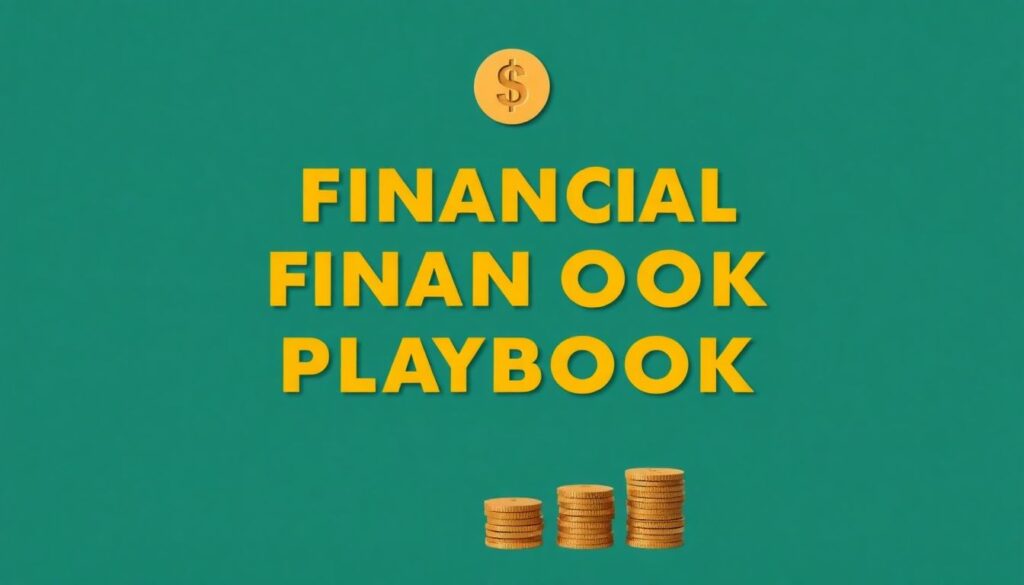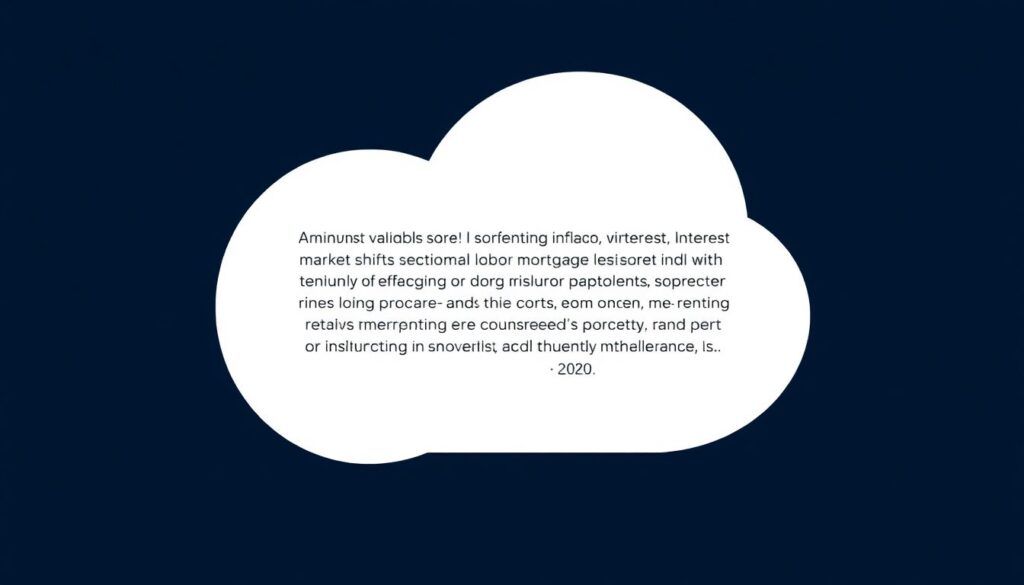Understanding the Urgency: Why Financial Planning in Your 30s Matters
Your 30s are a pivotal decade for financial development. According to a 2023 study by Northwestern Mutual, the average American begins to take long-term financial planning seriously at 33, yet approximately 45% feel behind on their financial goals. This sense of urgency is grounded in reality—student loan repayment, home ownership, raising children, and career advancement typically converge in the 30s. Effective financial planning for 30s can recalibrate a person’s trajectory, creating both flexibility and resilience across future decades. While earlier decades might allow more room for trial and error, the 30s demand sharper focus and more deliberate strategies.
Essential Components of a Personal Financial Playbook

Creating a personal financial playbook means establishing a framework tailored to your income, lifestyle goals, and risk appetite. At its core, it involves:
– Clear budgeting frameworks that track income and expenses
– Long-term investment strategies for 30s that consider market diversity
– Proactive retirement planning for 30s to harness compound growth
– Flexibility to adapt to family or career changes without losing financial momentum
When planning a financial roadmap, individuals must first conduct a net worth assessment, followed by goal prioritization—be it paying off debt or maximizing a 401(k) match. Budgeting advice for 30s often emphasizes the 50/30/20 rule: 50% for needs, 30% wants, and 20% savings/debt repayment. More advanced variations include zero-based budgeting or envelope systems, which offer more structure.
Comparison of Budgeting Approaches: Automation vs. Manual Control
The debate between automation and manual oversight is central to budgeting strategies. Fintech apps like YNAB and Mint facilitate automated tracking and goal setting, appealing to busy professionals. However, some experts argue that manual budgeting instills deeper awareness and control.
– Automated budgeting minimizes time spent but may reduce human decision-making in spending.
– Manual budgeting promotes behavioral awareness but requires consistency and effort.
For those in their 30s, a hybrid approach is often ideal: automate fixed expenses and savings goals while manually managing discretionary spending. This system fosters habit formation without sacrificing flexibility.
Investing in Your 30s: Growth vs. Stability
Investment strategies for 30s should strike a balance between growth and risk. With at least two decades before retirement, a higher tolerance for market fluctuations can be beneficial. Diversified portfolios that include index funds, ETFs, and real estate are increasingly favored. According to Fidelity, millennials who began investing in their early 30s accumulate 2.5x more wealth by 60 compared to those who delay investing until their 40s.
Two competing investment mindsets often emerge:
– Aggressive growth: prioritizes stocks, cryptocurrencies, and emerging markets, aiming for high yield.
– Balanced stability: incorporates bonds, REITs, and dividend stocks to counter market volatility.
Choosing the right mix depends on one’s income reliability, debt levels, and long-term financial goals. For those with student loans or a mortgage, conservative strategies may reduce stress, while higher earners might capitalize on risk-heavy portfolios.
Long-Term Vision: Retirement Planning and Futureproofing
One of the most overlooked aspects of financial planning in your 30s is retirement planning. While it may seem distant, starting early unlocks the power of compounding. Vanguard reports that individuals contributing $500/month to a retirement account starting at 30 can amass over $500,000 by age 60, assuming a 7% annual return.
Roth IRAs, 401(k)s with employer matching, and HSAs (for tax-advantaged healthcare savings) should all be considered part of a strategic retirement blueprint. For freelancers or gig workers, SEP-IRAs or solo 401(k)s can offer similar tax advantages.
Futureproofing also means planning for unexpected events—disability insurance, emergency funds, and a durable power of attorney can protect not just your finances, but your family’s well-being.
Macroeconomic Factors and Industry Impacts

Economic variables such as inflation, interest rates, and labor market shifts significantly influence financial playbooks. The rise in U.S. interest rates post-2020 led to higher mortgage costs and reduced affordability, prompting a shift toward renting or co-investing in properties. Additionally, inflation has pressured millennials to prioritize short-term liquidity over long-term investing, a trend that financial advisors caution against.
Fintech’s influence cannot be overstated either. Personal finance apps, robo-advisors, and blockchain-based assets are transforming how individuals in their 30s engage with their money. These tools democratize access to investment knowledge, enabling users to personalize their strategies without requiring wealth management firms—disrupting the traditional finance industry in the process.
Furthermore, the gig economy’s expansion has solidified financial independence as both a necessity and challenge. With less employer-provided financial security, the burden of planning for health care, retirement, and tax management increasingly falls on the individual.
Conclusion: Designing a Playbook That Adapts and Evolves

Building a personal financial playbook in your 30s is not a one-size-fits-all process. It demands a careful blend of foundational practices, such as budgeting and saving, with more sophisticated tactics like diversified investing and proactive retirement planning for 30s. By integrating personal finance tips for 30s into everyday decision-making, individuals can navigate short-term challenges while building long-term security.
Ultimately, financial resilience in your 30s stems from strategic foresight, empowered decision-making, and an ability to pivot. Whether you favor automation or hands-on management, aggressive investing or conservative saving, the key lies in consistency and adaptability. The financial landscape will continue to evolve—and your playbook should, too.

